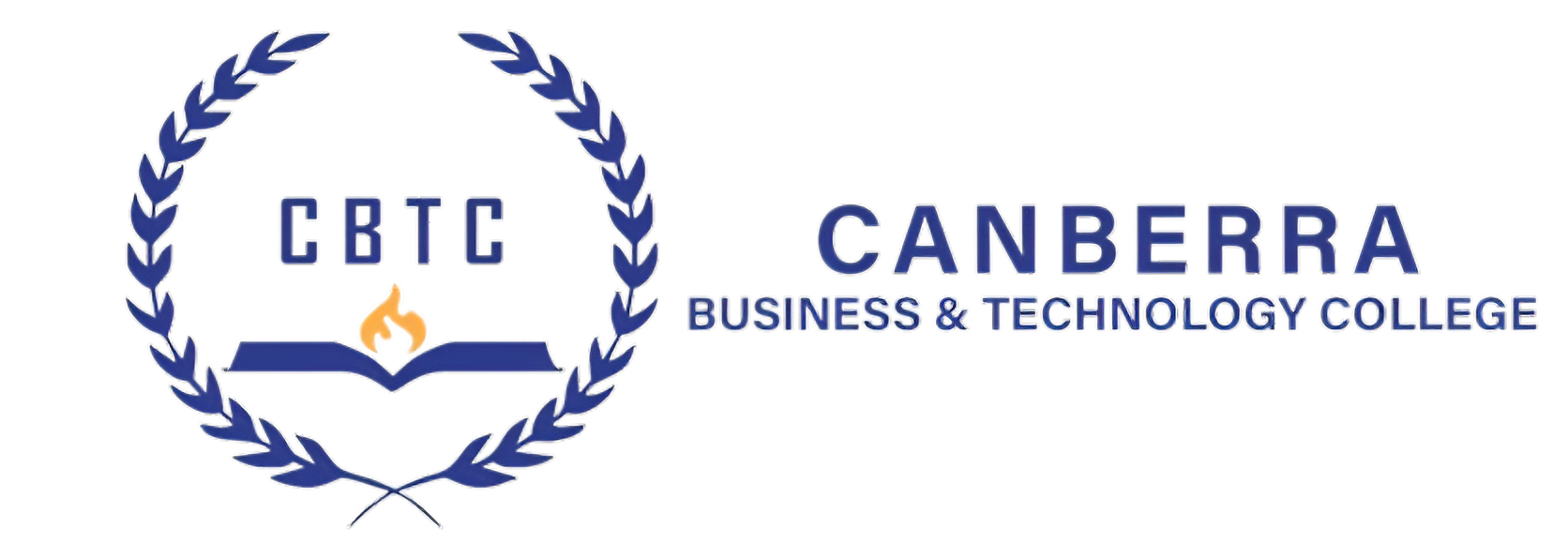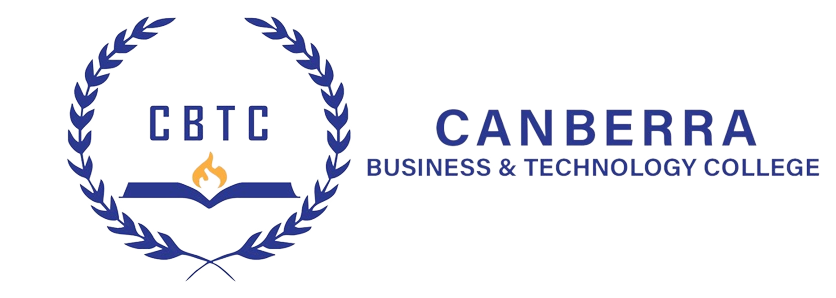
This qualification reflects the role of individuals in a variety of information and communications technology (ICT) roles who have significant experience in specialist technical skills, or managerial business and people management skills
Potential Career Outcomes
- advanced data management information
- cyber security
- full stack web development
- IT strategy and organisational development
- systems development and analysis
- telecommunications network engineering
Units of Competency:
This qualification includes 16 units of competency which comprise of 6 core and 10 elective units. Elective units have been carefully selected based on the industry consultation to ensure the learner achieves the desired vocational outcomes of the course.
Core units:
- BSBCRT611 Apply critical thinking for complex problem solving
- BSBTWK502 Manage team effectiveness
- BSBXCS402 Promote workplace cyber security awareness and best practices
- ICTICT608 Interact with clients on a business level
- ICTICT618 Manage IP, ethics and privacy in ICT environments
- ICTSAD609 Plan and monitor business analysis activities in an ICT environment
Duration:
104 weeks
Age:
Be at least 18 years of age
English:
Have an IELTS score of 5.5 or equivalent (test
results must be no more than 2 years old) with
5.0 in each band
Academic requirements:
Have completed a Year 12 or equivalent high school certificate
The ICT60220 – Advanced Diploma of Information Technology is a high-level qualification designed to provide students with advanced skills and knowledge in various areas of information technology (IT). Work placements, often referred to as vocational placements or internships, are valuable components of vocational education and training (VET) courses like this one.
The specific requirements for work placement after completing the ICT60220 course may vary depending on the Registered Training Organization (RTO) offering the qualification and the industry standards. However, typically, work placements for advanced diploma-level IT courses like this one aim to provide students with practical, real-world experience in IT-related roles.
Here are some common aspects of work placements associated with the ICT60220 qualification:
- Duration: Work placements for advanced diploma courses in IT typically last for a certain number of hours or weeks, as specified by the course structure or the RTO.
- Relevance to Course Content: Work placements are designed to align with the skills and knowledge gained during the course. They often focus on areas such as software development, networking, cybersecurity, database administration, project management, or IT support.
- Learning Objectives: Work placements have specific learning objectives aimed at enhancing students’ practical skills, problem-solving abilities, teamwork, communication, and professional conduct in an IT environment.
- Supervision and Mentorship: During the work placement, students are usually supervised by experienced IT professionals who provide guidance, support, and feedback to help them develop their skills and navigate real-world challenges.
- Industry Engagement: Work placements provide opportunities for students to engage with industry professionals, learn about industry standards and practices, and build networks that can be beneficial for future career prospects.
- Assessment: Work placements may be assessed through various means, such as performance evaluations by supervisors, reflective journals, reports, or presentations, to ensure that students meet the required learning outcomes.
It’s essential for students to actively engage in their work placements, demonstrate professionalism, and make the most out of the learning opportunities provided. Additionally, students should communicate with their RTO and placement hosts to clarify any expectations and requirements regarding the work placement.
Payment Options
CBTC recognizes that our learners may need flexibility in managing their fees. To assist them, we provide a structured Payment Plan option that can be tailored to their needs.
Payment Plan
You have the freedom to make payments according to an agreed-upon amount and duration. Please be aware that CBTC does not accept any single payment of fees exceeding $1500.
Government Funded
If you enroll under a government-subsidized option, your fees will adhere to the funding regulations set by the respective funding body. Please consult the enrollment officer for additional information.
-
- ACT
- NSW – Smart and Skilled Program
*If you do not qualify for government funding, please reach out to our support team for alternative options.
Why CBTC?
Versatile Training Modalities:
-
- Traditional Classroom Setting
- Online Instruction
- Blended Learning Approach
- Workplace-Based Training
Our Nationwide Reach:
-
- Greater Sydney Region
- ACT: Belconnen
Benefit From Expertise
Our instructors are seasoned industry professionals with extensive experience.
Government Subsidized Training Organization
-
- NSW
- ACT
- Centrelink
*Please be aware that not all courses are covered under each of the aforementioned government subsidized options. Kindly verify eligibility and availability at the time of application. Eligibility criteria apply.
Why CBTC?
Flexible Training Options
- Classroom based
- Online
- Blended
- Workplace based
Our National Presence
- Greater Sydney region
- ACT
*Not all courses are offered from all locations. Please check at the time of application.
Learn from the Experts
All trainers are experienced industry practitioners.
Government Subsidised Training
- NSW
- ACT
- Centrelink
*Not all courses are offered under all of the above mentioned government subsidised options. Please check at the time of application. Eligibility criteria apply.

